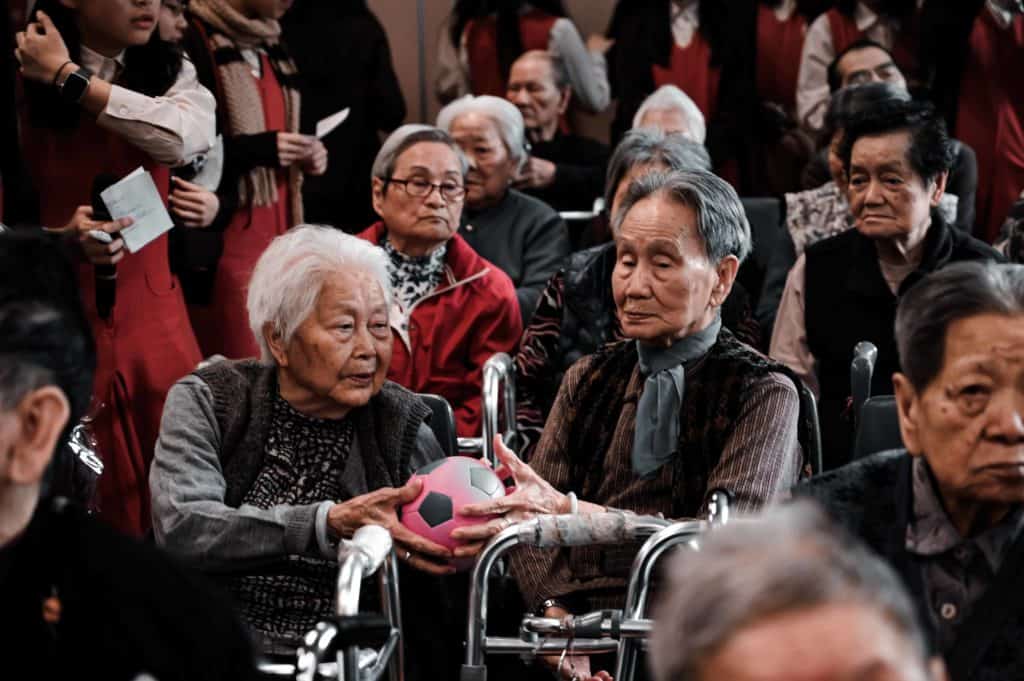

Home Healthcare
Different Types Of Hospitalization and Hospital Admissions
SonderCare Learning Center

SonderCare Learning Center
What are Different Types of Hospitalization and Hospital Admissions? People are sent to the hospital for many reasons, not just for serious operations or treating life-threatening emergencies. There are several types of hospitalization and hospital admission for inpatient management. The most common are Elective Admissions, Direct Admissions, Holding Admissions, and Emergency Admissions. Depending on the needs, these admissions bring different levels of medical care.
Elective hospital admissions make up most admissions, though how many depends on the hospital. These stays are when someone has a known medical condition or complaint that requires further treatment or surgery and hospital care, but patients can work with their doctor to alter the time of the admission for convenience. A doctor will make a hospital bed reservation for the patient on a specific day that can change as needed.
The doctor may tell the patient to go to the hospital in advance for lab tests, X-rays, ECGs, or other prescreening tests. For seniors aging at home or in a facility, as well as patients with mobility needs, an in-home hospital bed for resting before or after the elective date can make the experience much more comfortable.
Direct admission would occur after the patient has seen or spoken to their doctor, who feels they must admit them to the hospital for immediate medical care. The doctor may arrange an ambulance to take the patient to the hospital or request that they go to the hospital themselves; the doctor may be able to make a bed reservation, too.
Holding or observation admission often takes place through the emergency department. The patient is admitted for diagnostic testing and, unless something shows up that requires another level of care, they will be discharged within 24 to 48 hours.
For example, if a senior loved one has chest pain that does not appear to be related to cardiovascular disease, but it’s not 100% in the doctor’s expert opinion, the patient may be admitted for further tests to ensure it wasn’t a cardiac episode. If the holding shows that they had a heart attack, the healthcare providers make it a full admission; if not, they would be discharged and sent to the doctor for further testing.
Finally, there are emergency admissions, which go through the hospital’s emergency department. A medical emergency is any serious injury, condition, or symptom posing an immediate risk to someone’s life or health. If they need emergency care, the hospital may admit the patient to a floor, a specialized unit, or an observation unit.
Seniors and their loved ones won’t always know when a hospital visit is necessary. What they can do is be prepared when it has to happen. Everyone should have the following information stored in a safe, central location in case of hospital admission.
If you or a loved one are in the hospital for an elective admission, you have more time to prepare. Another loved one can also supply them should an emergency or holding admission be necessary.
Being admitted to the hospital for care and recovery can be stressful; the problem can be more difficult if a patient has Alzheimer’s disease or dementia. An in-home hospital bed and other assistive equipment may help patients reduce the amount of time they need to spend in a medical facility and help them get back to familiar surroundings sooner.
Entrance into the hospital on an elective basis to treat or diagnose a specific medical condition. The emergency department also admits patients on an emergency basis. Same-day surgery is another common admission type.
The first step in admission is securing a physician admitting orders sheet/doctor’s order or admission notice slip from the emergency department. As a second step, secure permission for admission and gather data before verifying completed forms for completeness and accuracy. As a final step, confirm room preferences and coordinate with nursing staff.
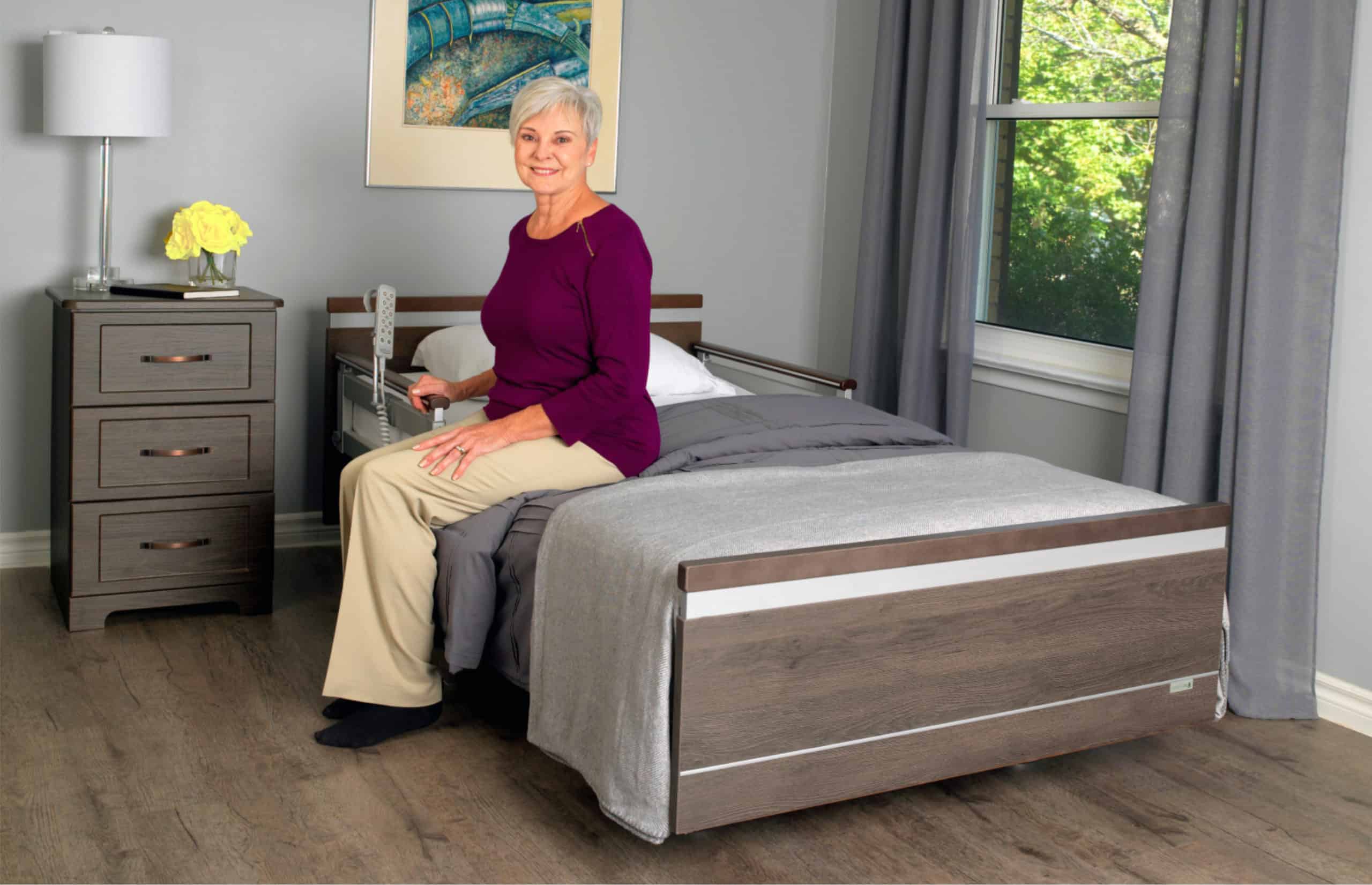
The SonderCare™ Bed is like nothing else on the market today. Designed to conform to the latest international standards, this product provides you with a sense of safety, comfort, and greater independence than standard flat or adjustable beds.
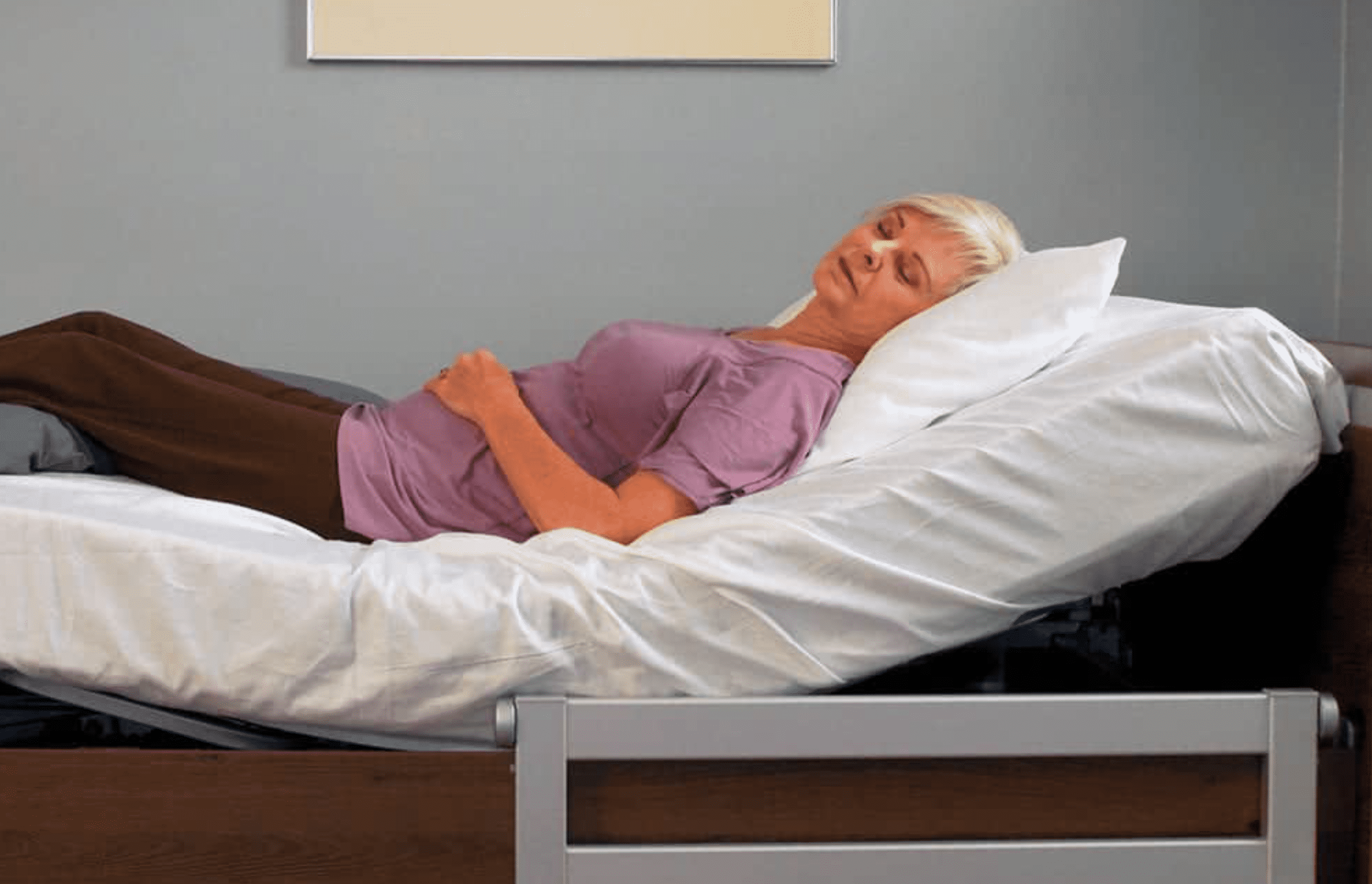
SonderCare offers the Comfort™ and Dream™ pressure reducing mattresses that provide exceptional comfort, support and durability for health care communities and home care settings.
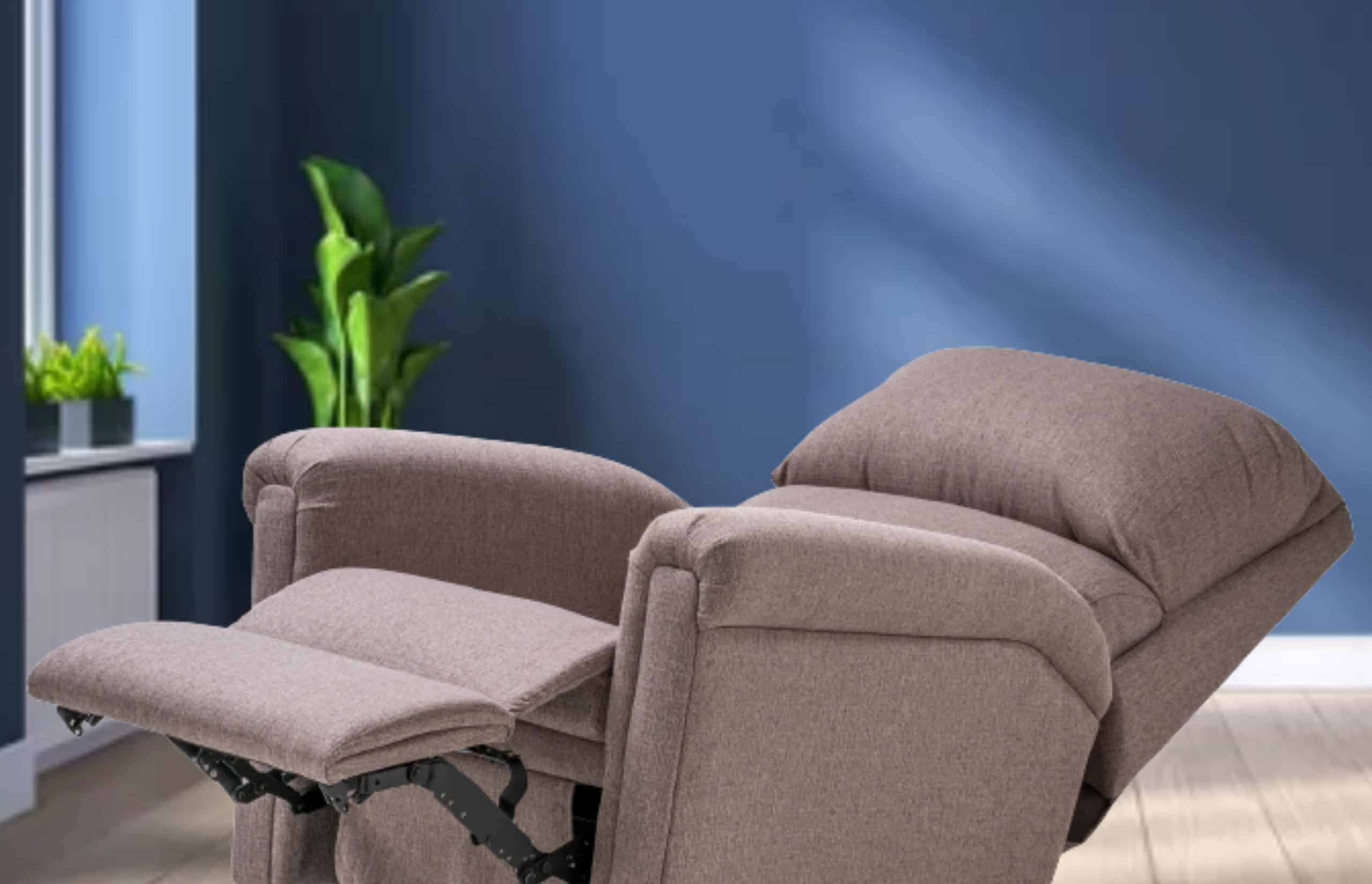
SonderCare’s fully-electric Rise & Recline Chair supports users in shifting from a sitting position, to fully reclining flat and then boosting up to standing when desired – this chair helps support comfort as well as safe mobility.

SonderCare’s fully-electric Rise & Recline Chair supports users in shifting from a sitting position, to fully reclining flat and then boosting up to standing when desired – this chair helps support comfort as well as safe mobility.
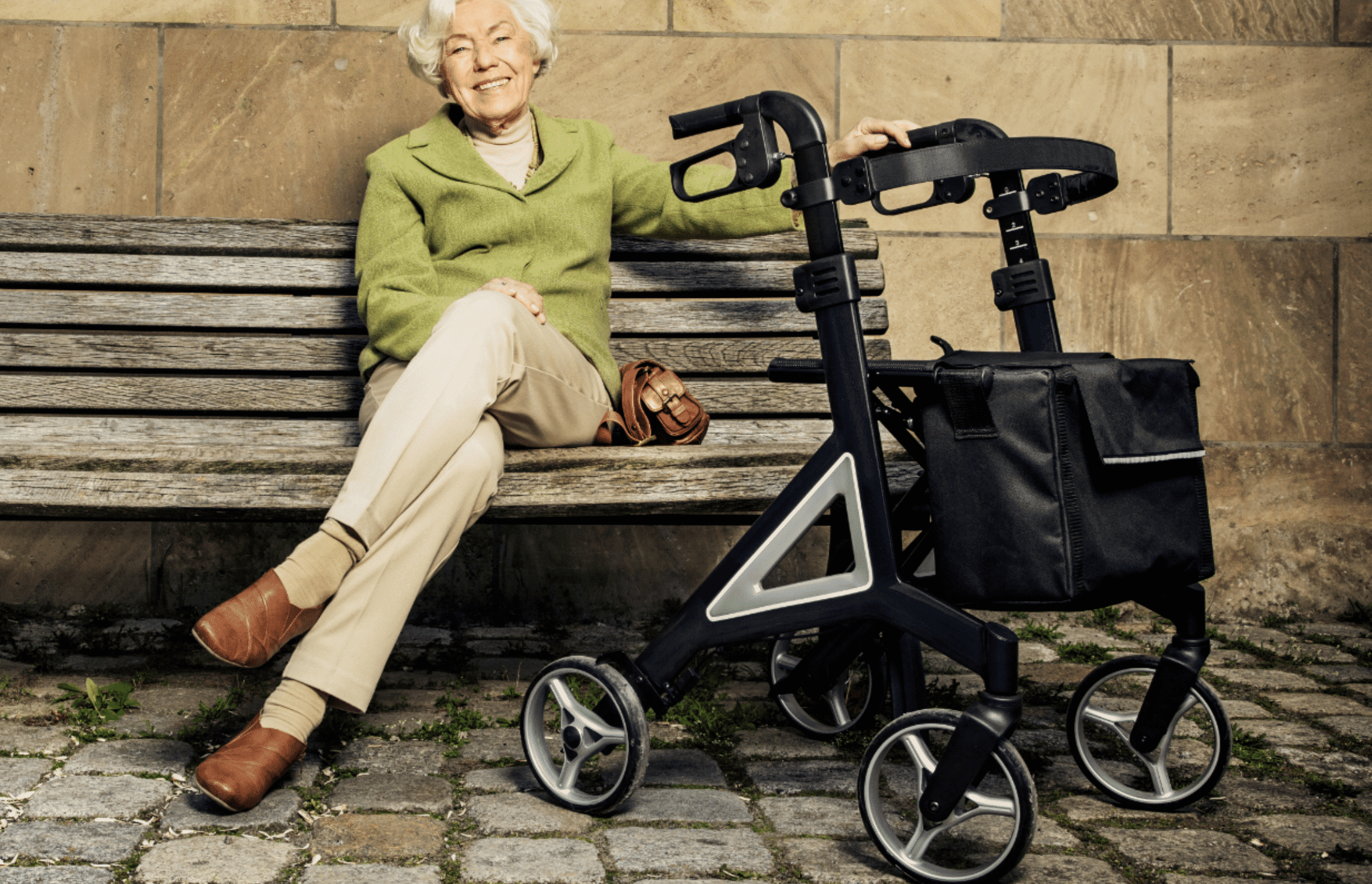
SonderCare premium rollators are the ultimate lightweight, ultra-stable rollators to keep you secure and comfortable in any setting. The Ultralight Carbon and the rugged Aluminum models are both ergonomically designed and adjustable to suit the needs of every user.
Start Your Home Healthcare Products Inventory With SonderCare
Are you recently discharged from hospital, experiencing mobility issues, or in need of palliative or senior care? Enjoy a smoother recovery and get the luxury you deserve by choosing our home hospital products. Contact us today to discuss home hospital beds, mattresses, stand assist chairs and other accessories to make your home hospice perfect for a truly comfortable experience.
Are you looking for the most recent articles on home healthcare advice and equipment? Browse our latest resources below and let us know if you have any questions. We’re here to support you as you embark on your road to excellent home healthcare
Seeking The Best Care For Your Loved One?
Browse North America's Luxury
Home Healthcare Products
Inventory